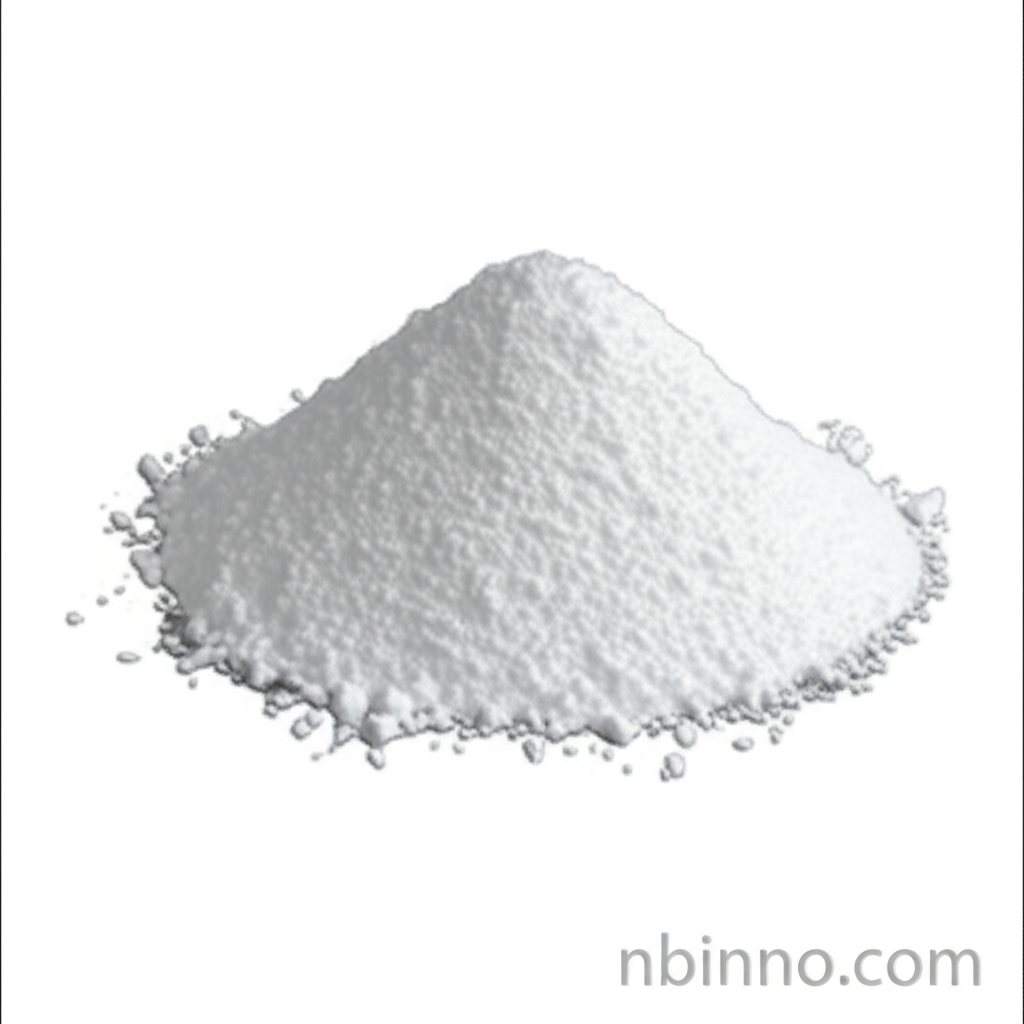Lithium Diisopropylamide (LDA) CAS 4111-54-0: A Strong Base for Organic Synthesis
Discover the power of Lithium Diisopropylamide, a key reagent driving innovation in chemical synthesis.
Get a Quote & SampleProduct Core Value

Lithium diisopropylamide
Lithium diisopropylamide (LDA) is a crucial reagent in organic synthesis, prized for its strength as a base and its non-nucleophilic nature. This makes it ideal for selective deprotonation reactions, facilitating the generation of carbanions and enolates essential for forming new carbon-carbon bonds.
- Explore the utility of LDA in organic synthesis, understanding its role in facilitating precise chemical transformations.
- Leverage Lithium Diisopropylamide for efficient carbanion formation, a key step in many synthetic pathways.
- Utilize this strong base reagent for controlled enolate formation, crucial for stereoselective reactions.
- Investigate the applications of CAS 4111-54-0 in various chemical processes, from pharmaceuticals to fine chemicals.
Advantages Provided by the Product
Selective Deprotonation
LDA's sterically hindered nature allows for highly selective deprotonation, minimizing unwanted side reactions and ensuring the desired product formation in complex organic synthesis.
Versatile Reactivity
As a powerful strong base reagent, LDA is versatile, enabling a broad range of reactions including alkylations, condensations, and metallations, thereby expanding synthetic possibilities.
Enhanced Product Yields
By promoting efficient carbanion and enolate generation, LDA contributes to higher yields and improved purity of target compounds in various chemical syntheses.
Key Applications
Organic Synthesis
LDA is a cornerstone reagent in synthetic organic chemistry, enabling the construction of complex molecules. Its precise deprotonation capabilities are vital for many laboratory and industrial processes.
Fine Chemicals Production
In the fine chemicals industry, LDA is used for targeted synthesis, leading to high-purity intermediates and specialized compounds critical for various applications.
Pharmaceutical Intermediates
The ability of LDA to generate enolates and carbanions makes it indispensable in the synthesis of pharmaceutical intermediates, supporting the development of new drug molecules.
Material Science
LDA's unique reactivity can be leveraged in material science for the synthesis of novel polymers and specialized materials, contributing to technological advancements.
